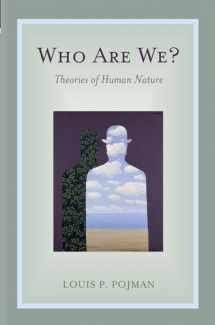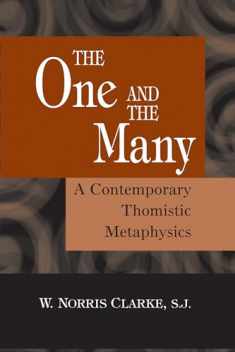
Who Are We?: Theories of Human Nature
Book details
Summary
Description
What is our nature? What is this enigma that we call human? Who are we? Since the dawn of human history, people have exhibited wildly contradictory qualities: good and evil, love and hate, strength and weakness, kindness and cruelty, aggressiveness and pacifism, generosity and greed, courage and cowardice. Experiencing a sense of eternity in our hearts--but at the same time confined to temporal and spatial constraints--we seek to understand ourselves, both individually and as a species.
In Who Are We? Theories of Human Nature, esteemed author Louis P. Pojman seeks to find answers to these questions by exploring major theories in Western philosophy and religion, along with several traditions in Eastern thought. The most comprehensive work of its kind, the volume opens with chapters on the Hebrew/Christian view of human nature and the contrasting classical Greek theories, outlining a dichotomy between faith and reason that loosely frames the rest of the book. The following chapters cover the medieval view, Hindu and Buddhist perspectives, conservative and liberal theories, Kant's Copernican revolution, Schopenhauer's pessimistic idealism, and Karl Marx's theory. Freud's psychoanalytic view, the existentialist perspective, the Darwinian view, and scientific materialism are also discussed. Pojman concludes with a discussion of the question of free will, ultimately asserting that each one of us must decide for ourselves who and what we are, and, based on that answer, how we shall live.


We would LOVE it if you could help us and other readers by reviewing the book
Book review





